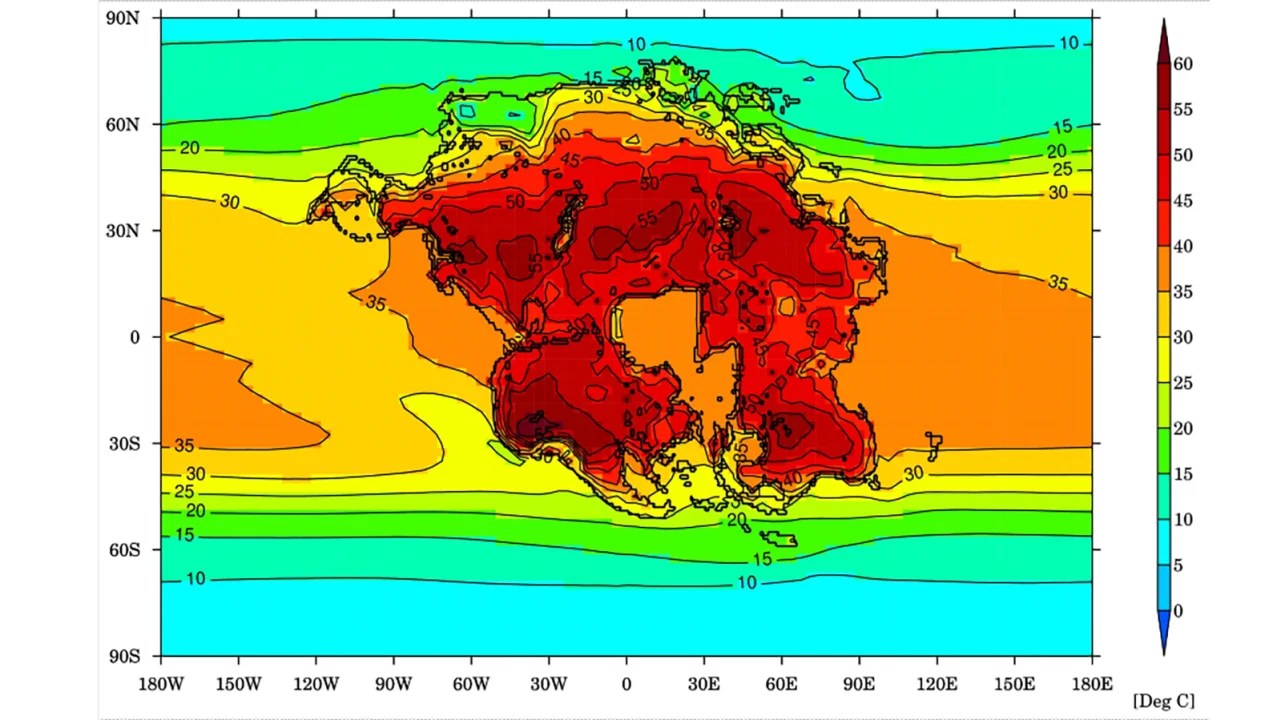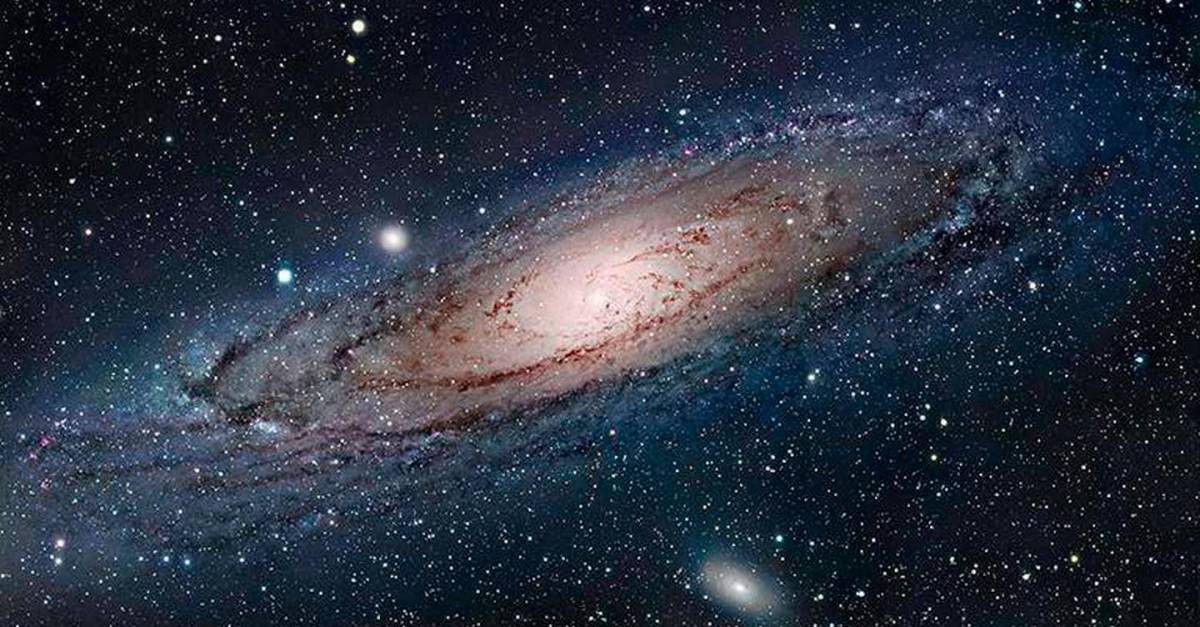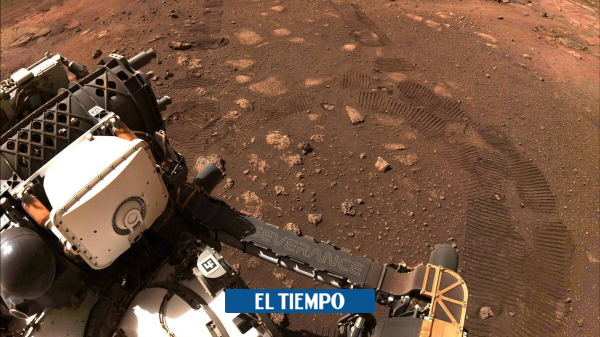(CNN) — The researchers predict that the formation of a new “supercontinent” will wipe out humans and all other mammals within 250 million years.
Using the first supercomputer climate models of the distant future, scientists at the University of Bristol in the United Kingdom have predicted how climate extremes will intensify after the world’s continents collide to form one supercontinent, Pangea Ultima, in about 250 million years.
They found that it would be too hot, too dry, and almost uninhabitable for humans and mammals, which had not evolved to cope with long-term exposure to extreme heat.
The researchers simulated the supercontinent’s temperature, wind, precipitation and humidity trends and used models of plate tectonic movement, ocean chemistry and biology to calculate carbon dioxide levels.
Not only does the formation of Pangea Ultima trigger regular volcanic eruptions, spewing carbon dioxide into the atmosphere and warming the planet, but the sun also becomes brighter, releasing more energy and warming the Earth even more, experts said. Monday’s article in the magazine Natural Earth Sciences.
“A newly formed supercontinent would create a triad that includes the effects of a warmer sun and more CO2 in the atmosphere,” Alexander Farnsworth, senior research associate at the University of Bristol and lead author of the paper, said in a statement on Monday. .
“Widespread temperatures of 40 to 50 degrees Celsius and high daily temperature extremes, exacerbated by high levels of humidity, will ultimately seal our fate. “Humans — along with many other species — will die from an inability to remove this heat through sweat, which cools their bodies,” Farnsworth added. .
Farnsworth noted that increased heat would create an environment where mammals lack food or water sources.
This image shows the geography of the Earth today and the geological geography of the Earth 250 million years from now, when all the continents will merge into one supercontinent.
Although there are huge uncertainties in making predictions so far into the future, scientists say the outlook is “very bleak”, with only 8% to 16% of the supercontinent being habitable for mammals.
Carbon dioxide could double current levels, the report said, although it was calculated under the assumption that humans would stop burning fossil fuels now, “otherwise we’ll see those numbers very soon,” it said in a statement. Benjamin Mills, Professor of Earth System Evolution at the University of Leeds and co-author of the report.
This bleak outlook is no excuse for complacency in the face of the current climate crisis, the report’s authors warned. Human-caused climate change is already causing millions of deaths worldwide each year.
“It is critical that we do not lose sight of our current climate crisis as a result of human greenhouse gas emissions,” co-author Eunice Low, a climate change and health researcher at the University of Bristol, said in the report.
“Although we predict an uninhabitable planet within 250 million years, today we are already experiencing extreme temperatures that are harmful to human health. That is why it is so important to achieve net-zero emissions as soon as possible,” Low added.
Climate change is on track to transform life on Earth, and unless global warming is dramatically reduced, billions of people and other species will reach the point where they can no longer adapt, according to a UN report released last year.
Scientists have been warning for decades that we must keep warming below 1.5 degrees Celsius above pre-industrial levels, and the window to reduce our dependence on fossil fuels and avoid catastrophic, life-changing changes is rapidly closing.
The last mass extinction occurred about 66 million years ago, when an asteroid hit Earth, wiping out the dinosaurs and most of the planet’s life.
With reporting by CNN’s Angela Fritz, Rachel Ramirez and Laura Pattison.





